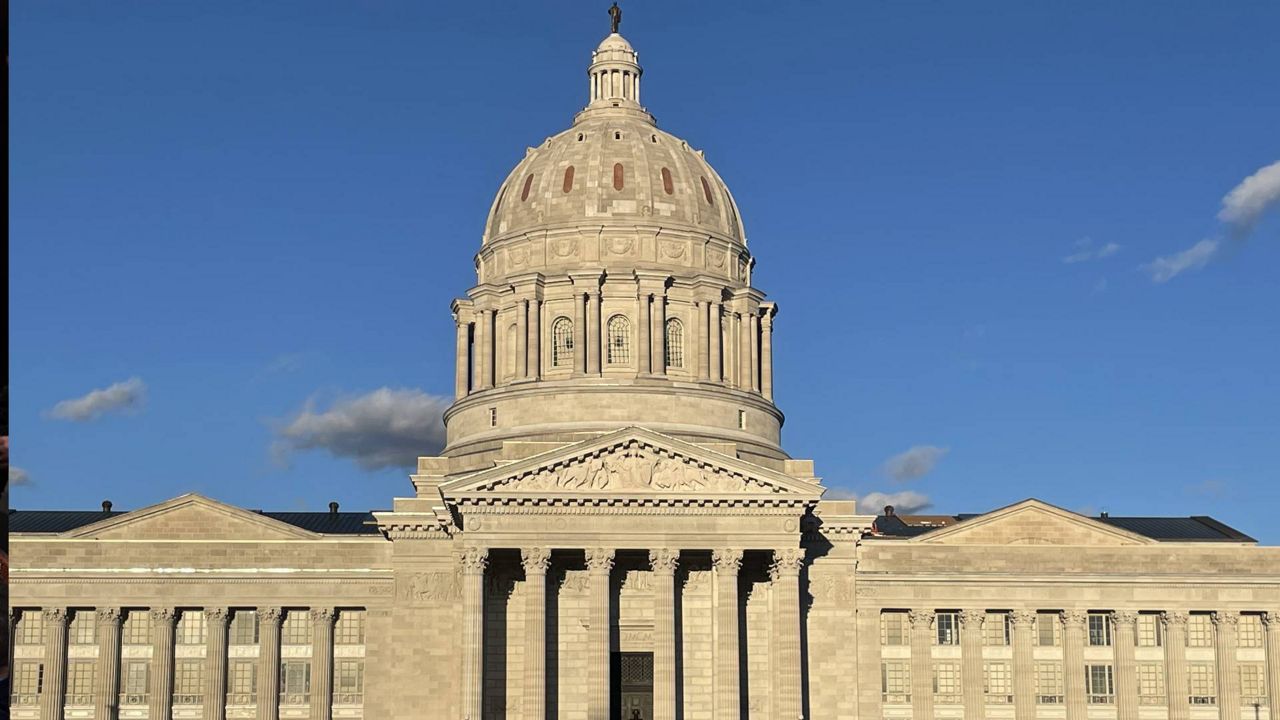ST. LOUIS—Missouri lawmakers will have a short week in session due to Monday’s federal holiday honoring Dr. Martin Luther King, Jr., but are set to tackle a number of bills tied to education, property taxes and transgender rights and medical treatment when committee hearings resume.
Tuesday
The Senate Committee on Economic Development and Tax Policy will hear two bills on personal property taxes that would reduce the assessment of personal property, which currently comes at 33.3% of its true value.
The panel will also hear testimony on SB 756, which would define eligibility for a property tax credit passed last year for seniors to homeowners age 62 or older. Homeowners would be ineligible if they owe delinquent taxes, interest or penalties.
Wednesday
The House Elementary and Secondary Education Committee could take a vote on an open enrollment bill that took public testimony last week. The bill would limit the number of students that could leave a district annually, and districts would have to agree to be part of an open enrollment system.
Lawmakers in both parties have embraced various elements of the “school choice” debate, although HB 1989 faces opposition from Saint Louis Public Schools, the state branches of the National Education Association and the American Federation of Teachers, and the Cooperating School Districts of Kansas City.
The House Special Committee on Education Reform will take up testimony on three bills that individually would see charter school expansion come to St. Louis County, St. Charles County and the cities of Columbia and Independence, if approved.
Among the bills before the Senate Committee on Education and Workforce Development:
SB 728, authored by State Sen. Andrew Koenig, R-Manchester, which would create a Parent’s Bill of Rights “to empower parents to enforce rights, as delineated in the act, to access records maintained by schools in which their children are enrolled in a timely manner or as specified in the act.”
The bill would also put limits on how school personnel can discuss sexual orientation and gender identity with public school students under the age of 18. Schools would have 24 hours to to contact parents if a student “expresses confusion about their documented identity or requests to use personal pronouns that differ from their documented identity.” Parental permission would be required to use names that differ from that found on a birth certificate or other official government record.
SB 814, authored by State Sen. Jill Carter, R-Granby, would repeal several layers of authority for the State Board of Education and the Department of Elementary and Secondary Education.
On the first day of the session Jan. 3, House and Senate leadership suggested that they'd already addressed issues tied to transgender medical treatment last year, when they passed a ban on minors receiving hormone therapy or surgical procedures related to gender transition.
But a number of bills related to transgender issues will be heard Wednesday in the House Emerging Issues Committee.
- HB 1520 would eliminate the four year-sunset provision on the ban of medical treatments for minors and would also get rid of the exception for minors who were under treatment with hormone therapy and puberty blockers prior to when last year's law took effect in August.
- HB 1519 would prohibit "any health care institution or professional from being required to perform or participate in any medical procedures related to sex reassignment surgery or gender identity transitioning if such procedures are contrary to the institution's or professional's moral, ethical, or religious beliefs."
- HB 2308 would give new gender identity definitions to males and females and would require school districts to designate bathrooms and changing areas for the exclusive use of males and females, while making reasonable accomodations for gender-neutral facilities.
- HB 2355 and HB 2357 would also require single same-sex bathroom and locker facilities in schools.
- HB 1674 would "prohibit employers from requiring employees to share multiple-occupancy restrooms, changing areas, or locker rooms with members of the opposite sex."
- HB 2309 would add definitions of "boy", "father", "female", "girl", "male", "man", "mother", "sex", and "woman" and that for the purposes of state statutes, limits synonyms or substitutes for "sex" and "gender".
Also Wednesday, the Senate Committee on Transportation, Infrastructure and Public Safety will hear testimony on SB 808, introduced by State Sen. Nick Schroer, R-Defiance. The bill would require “any municipal police force in the city of St. Louis to employ at least 1,313 officers for each tenth of the percentage of the city’s FBI Uniformed Crime Reporting System’s violent crime rate or 1,142 officers, whichever is greater. If a court found the city out of compliance with the act, the governor would be ordered to appoint a police board of commissioners.
The city would be barred from passing local ordinances that conflict or interfere with a board of commissioners’ powers.
Efforts to return control of SLMPD to a state-appointed board died late in last year's legislative session. St. Louis officials last week noted a ten-year low in homicides in 2023 under the first police chief hired from outside St. Louis in department history, while other advocates for local control have noted that the Kansas City Police Department, the only department under a state-appointed board, saw a record number of homicides in 2023.



